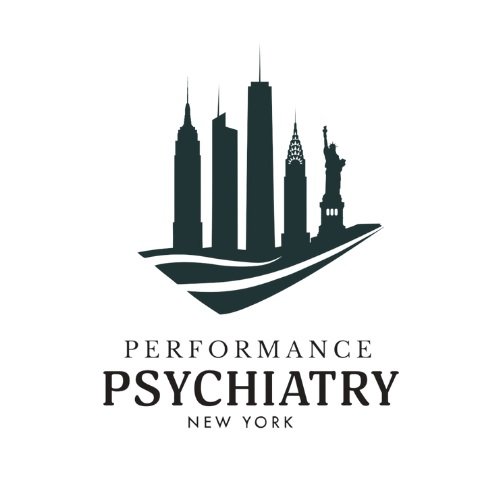The Role of Sleep in Memory and Focus: Navigating Forgetfulness with ADHD through Quality Rest
For many professionals, navigating the bustling corridors of a fast-paced work environment feels like being in a relay race, with deadlines, meetings, and tasks being handed off from one moment to the next. Keeping up requires not only stamina but also sharp memory and unwavering focus. For those with ADHD, an added layer of challenge is introduced, often manifesting in forgetfulness or difficulty in maintaining concentration. Yet, one often overlooked tool in the battle for enhanced memory and focus is something we all need: sleep.
Sleep: The Unsung Hero of Cognitive Sharpness
Deep within the quiet of the night, as we drift into the world of dreams, our brains are hard at work. Sleep isn't just a time for physical rest; it's a crucial period during which our brains process, organize, and store the myriad of information we've encountered during the day. This nightly 'data management' is essential for solidifying memories and ensuring that we can recall them when needed.
For individuals with ADHD, the need for quality sleep is even more pronounced. The ADHD brain often grapples with a constant stream of thoughts, making the process of memory consolidation during sleep all the more crucial.
Harnessing Sleep for Enhanced Memory and Focus
Understanding the importance of sleep is the first step. Implementing strategies to harness its power is the journey. Here are some actionable steps tailored for professionals, particularly those with ADHD:
Establish a Sleep Routine: Just as children benefit from bedtime routines, adults do too. Aim to go to bed and wake up at consistent times. This regularity not only helps set your body's internal clock but also fosters better sleep quality.
Create a Sleep-Conducive Environment: Your bedroom should be a sanctuary for sleep. Consider blackout curtains, white noise machines, or even a weighted blanket to help soothe the often overstimulated ADHD brain.
Limit Stimulants: Be mindful of your caffeine intake, especially in the hours leading up to bedtime. While that late-afternoon coffee might seem tempting, it could be the culprit behind nighttime restlessness.
Unplug: Blue light from screens can interfere with melatonin production, a hormone essential for sleep. Consider setting aside electronic devices at least an hour before bed.
Mindfulness and Meditation: Techniques such as deep breathing or progressive muscle relaxation can help calm an active mind, paving the way for restful sleep.
Seek Professional Advice: If sleep remains elusive or if you suspect your ADHD symptoms are becoming more pronounced, it might be time to seek guidance. Speaking with a psychiatrist can provide insights into potential underlying causes and offer information about the risks and benefits of medication. Sometimes, the right treatment can significantly improve both sleep quality and ADHD symptoms.
The hustle and intensity of today's work environment can be both exhilarating and draining. For those with ADHD, the journey might have additional twists and turns. However, by prioritizing sleep and embracing strategies to optimize it, one can navigate the challenges with greater ease, sharper memory, and enhanced focus.
In the dance of life, let sleep be your steady partner, guiding you gracefully through the demands of each day, keeping your memories vivid and your focus laser-sharp.

